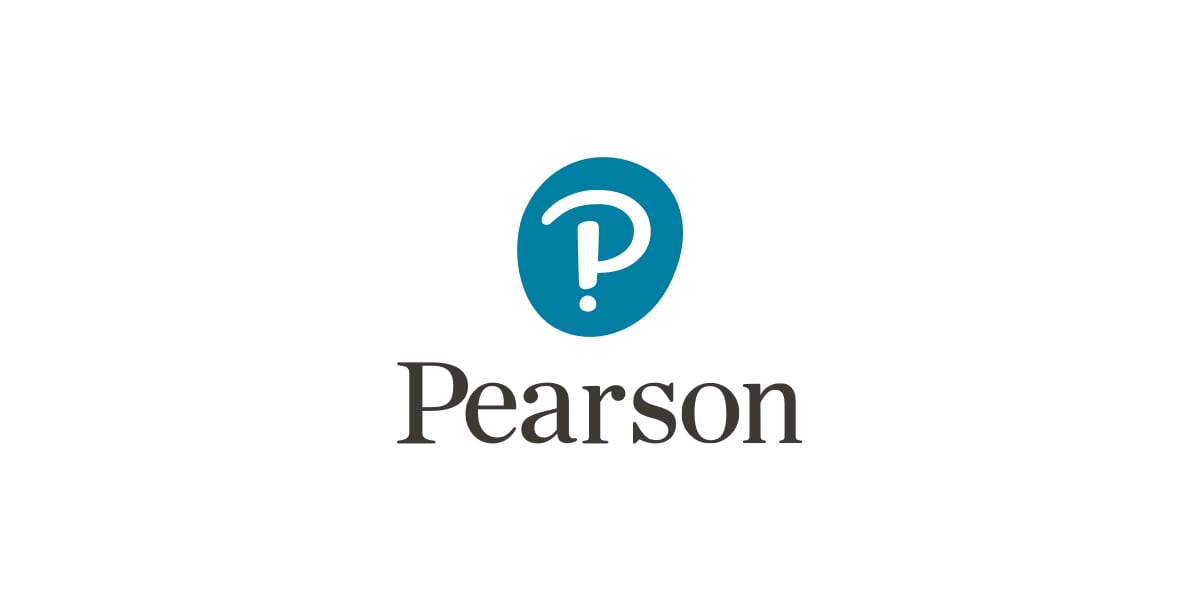An easy-to-use, norm-referenced assessment designed to identify symptoms, behaviours, and associated features of the full range of Autism Spectrum Disorders
Now available on Q-globalPearson Clinical distributes but does not publish this product.
Now available on Q-globalPearson Clinical distributes but does not publish this product.
Now available on Q-globalPearson Clinical distributes but does not publish this product.
Autism Spectrum Rating Scales
ASRS
An easy-to-use, norm-referenced assessment designed to identify symptoms, behaviours, and associated features of the full range of Autism Spectrum DisordersNow available on Q-globalPearson Clinical distributes but does not publish this product.
